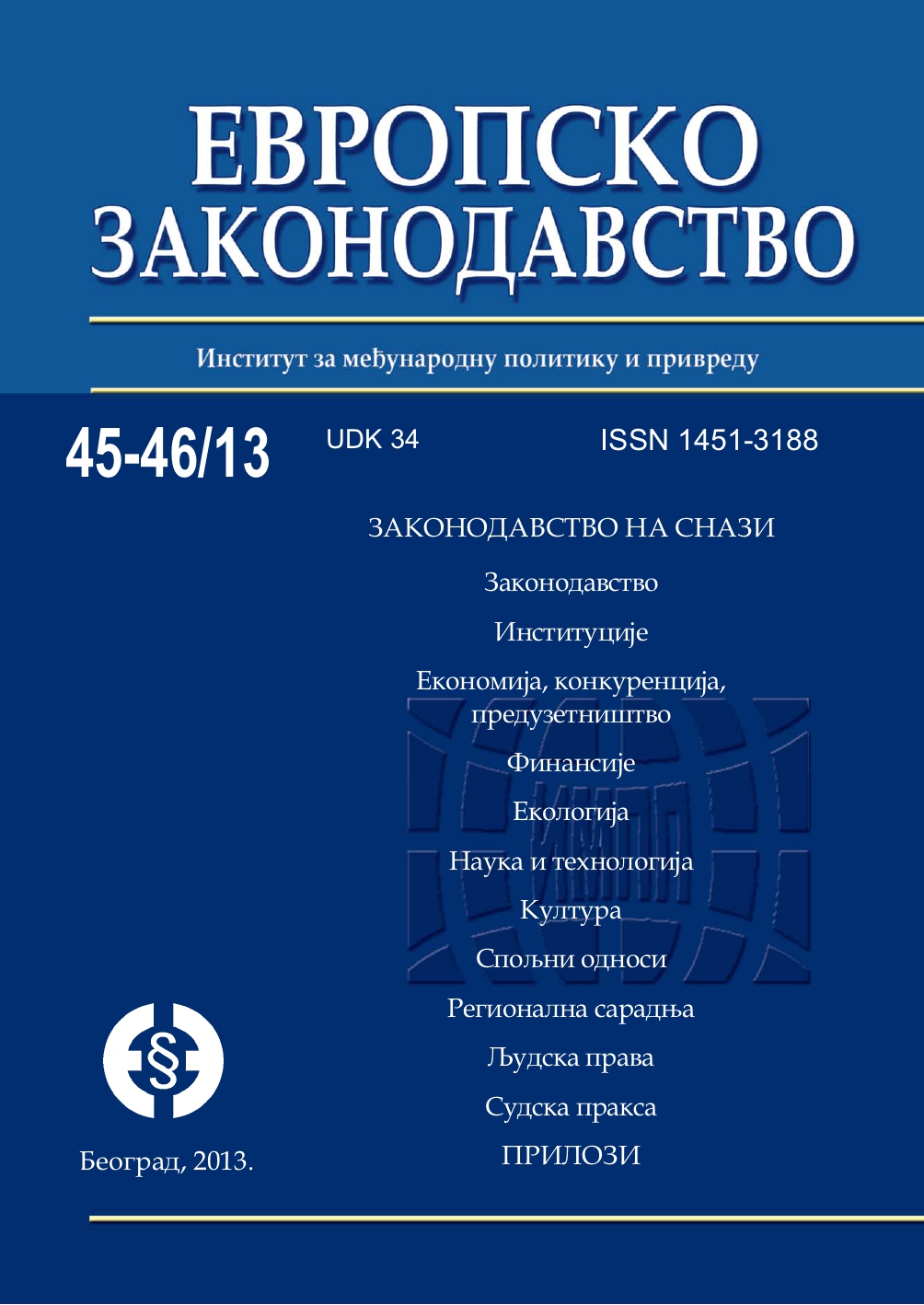Правно-етички проблеми научно-истраживачког рада
Legal and ethical problems of scientific research
Author(s): Sanja Sremčev IlićSubject(s): Essay|Book Review |Scientific Life, Library and Information Science
Published by: Институт за међународну политику и привреду
Keywords: scientific fraud;scientific misconduct;ethical standards;scientific ethics;research ethics;ethics;autonomous law
Summary/Abstract: The aim of this paper is to describe legal and ethical issues of scientific research that scientific community in the European systems is increasingly engaged in recent years. In the comparative literature there are terms “scientific fraud,” “scientific misconduct” which present violation of ethical standards in the professional scientific research. The escalation of interest for this topic is a consequence of limited legislation and general moral decrease, as well as scientific ethics. In this study, the author has used comparative and normative method, analysis, synthesis and generalization, as well as statistical method. The results obtained show that scientific community and media put this problem mostly on the level of the individuals. However, there are other views that highlight a number of factors of scientific frauds, such as lack of institutional control, the requirements for publication of papers in journals with high impact factor and constant pressure to publish in short periods of time of which depends on the progress and careers of scientists, in addition to the fact that usually the control procedure examines argumentation results, but not the methodology. Work in large groups and multidisciplinary approach to research makes the control of research also more difficult. Moreover, there are expectations of public and society to achieve certain results, along with financial limits. The tendency in European legal systems to this matter is to include autonomous legislation – codes of ethics. Additionally, this problem is increasingly debated in scientific work, because it leads to the formation of non-scientific culture which rewards speed and skillfulness, but not high-quality results.
Journal: Европско законодавство
- Issue Year: 2013
- Issue No: 45-46
- Page Range: 275-283
- Page Count: 9
- Language: Serbian

